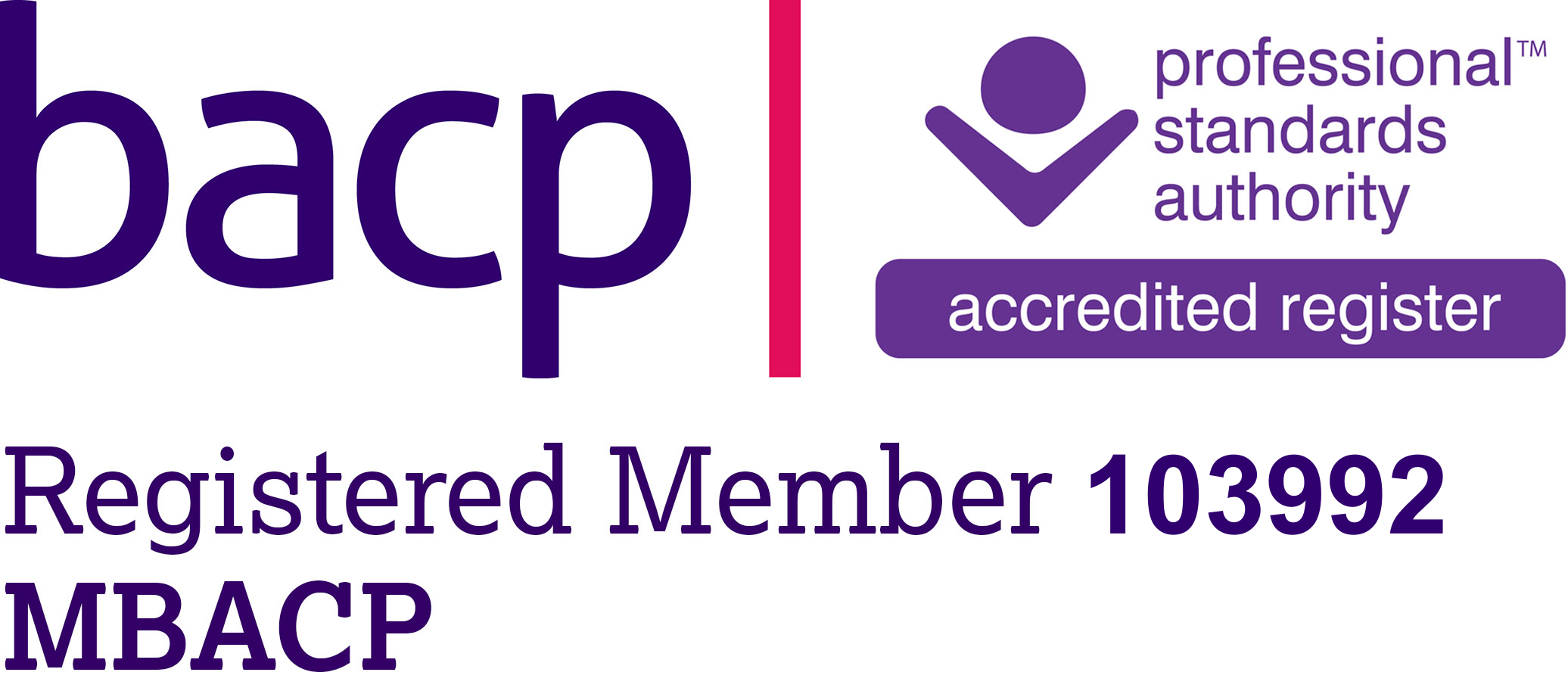Anxiety: understanding and coping with this common condition
Anxiety is a common condition that affects millions of people everywhere. It can manifest in a variety of ways, from a general sense of worry or nervousness to more severe symptoms such as panic attacks or obsessive compulsive disorder (OCD).
Regardless of how severe your symptoms are, anxiety can negatively impact a person’s quality of life, so it’s essential to understand the condition and learn coping strategies to help you through it.
What is anxiety?
You will be pleased to know that anxiety is a normal human response to stress, danger, or uncertainty. It’s the body’s way of preparing itself for a perceived threat, triggering a range of physical and emotional responses, such as increased heart rate, rapid breathing, sweating and heightened senses.
When anxiety becomes extreme and prolonged, it can cause significant distress, impairing a person’s ability to function normally. Chronic anxiety can lead to a range of mental and physical health problems including depression, stomach pain, muscle pain, migraine headaches, substance abuse and sleep disorders.
Types of anxiety disorders
There are several types of anxiety disorders, each with unique symptoms and causes. Some common anxiety disorders include:
Generalised anxiety disorder (GAD): GAD is a chronic condition characterised by excessive worry and fear that is difficult to control. People with GAD may worry about a variety of everyday concerns, such as work, finances and relationships.
Panic disorder: Panic disorder involves recurrent and unexpected panic attacks, which are sudden episodes of intense fear or discomfort that peak within minutes.
Social anxiety disorder: Social anxiety disorder is a persistent fear of social situations or performance situations, such as public speaking, going to events where there will be groups of people or even meeting up with more than one person at a time. Such situations can cause significant distress and interfere with daily life.
Obsessive-compulsive disorder (OCD): OCD Is characterised by recurrent and intrusive thoughts or obsessions that lead to repetitive thoughts, behaviours or compulsions.
Post traumatic stress disorder (PTSD): PTSD Is a severe anxiety disorder that can occur after experiencing or witnessing a traumatic event, such as a natural disaster, combat, abuse or assault.
Symptoms of Anxiety
The symptoms of anxiety can vary depending on the type and severity of the disorder. Some common symptoms of anxiety include:
Excessive worrying or fear
Excessive worrying or fear
Restlessness or feeling on edge
Fatigue or difficulty with sleep
Irritability or agitation
Muscle tension or trembling
Rapid heartbeat, sweating or shortness of breath
Nausea or stomach problems
Coping Strategies for anxiety
While anxiety can be a challenging condition to manage, there are several effective coping strategies that can help reduce symptoms and improve overall well-being. Some effective strategies for coping with anxiety include:
Relaxation techniques: practising relaxation techniques such as deep breathing, meditation, or yoga can help reduce feelings of anxiety and promote a sense of calm.
Cognitive-behavioural therapy (CBT): CBT is a talking therapy that helps people identify negative thought patterns and develop alternative balanced thinking, which helps with more positive ways of looking at their environment and how they see the way through their anxiety.
Counselling: Talking therapy helps to get to the root of where a persons anxiety stems from and can relieve the symptoms of being trapped inside anxious thought processes.
Medication: Antidepressants and anti-anxiety medication can be effective in managing anxiety symptoms, but they should be used under the guidance of your doctor.
Lifestyle changes: Making healthy lifestyle changes such as regular exercise, a balance diet and adequate sleep can help reduce stress and improve overall well-being.
Support network: building a support network of friends, family, a therapist or life-coach can provide emotional support and practical help In managing anxiety.
Conclusion
Anxiety is a common mental health condition that can significantly impact a persons quality of life. However with the right understanding and coping strategies, anxiety can be managed effectively. If you or someone you know is struggling with anxiety, seek professional help to develop a personalised treatment plan that addresses needs that are unique to you.


